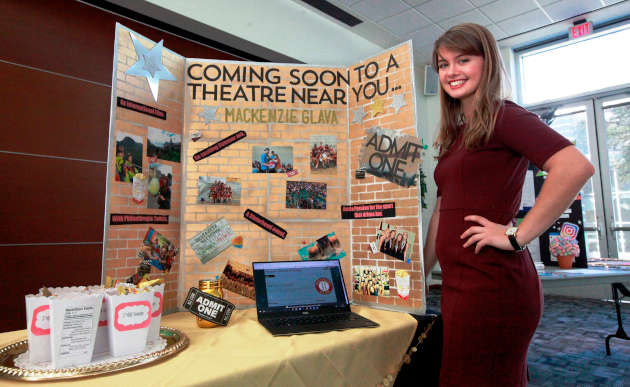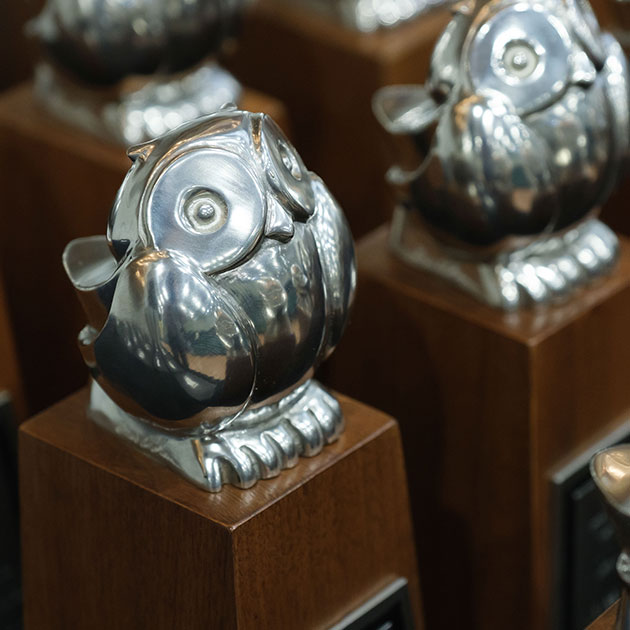Contents
What is a reverse career fair?
We’ve all heard about regular career fairs, where you go to meet the recruiting coordinators from different companies, but have you heard of a reverse career fair? Instead of students wandering around waiting to talk to a recruiter, it’s switched. The employers go from student to student, who put themselves on display in an effort to showcase their skills and “sell” themselves as potential employees.
Many universities have taken part in this new recruiting process and they’ve found it extremely beneficial. Several started with a small number of students. But, based on exit surveys from employers, many found that recruiters wanted to engage with more students. The recruiters thought the reverse career fair was a far superior way to meet potential employees.

How is a reverse career different from a typical career fair?
At a typical college career fair, students hand out their résumés and engage in formal conversations. At a reverse fair, students put their own talents and skills on display for different employers to witness.
Why should UT Dallas participate in a reverse career fair?
- Reverse career fairs allow potential employers to see what students do.
- Reverse career fairs create a more open and relaxed environment.
- Reverse career fairs make conversations unique.
- Reverse career fairs allow students to be creative and different.
Many students aren’t able to showcase everything they’ve accomplished on one sheet of paper. By giving students more freedom, they have a greater opportunity to make a lasting impact on the recruiter.
Not going to lie. It’s a bit terrifying going up to a recruiter and talk about your self. By participating in a reverse career fair, students can relax a bit because they have more control over how the interaction will go.
Recruiters are used to hearing the same things over and over again. It’s high time we as students, spice it up! In reverse career fairs, WE get control of the conversation, so make it impactful.
Everything is still the same (students hand out resumes and give elevator pitches), but the difference is they are allowed to shake it up. They can give a put up a display about their achievements or a rundown on who they are as a person for the recruiter to read before they get to talk. You can’t do that on a resume, can you?
I believe the Naveen Jindal School of Management should consider hosting more Reverse Career fairs. If employers and students find it more beneficial than a regular career fair, we can continue to grow the event at other schools at UT Dallas! What are your thoughts on this new recruiting style? Should it become the standard for career fairs?





